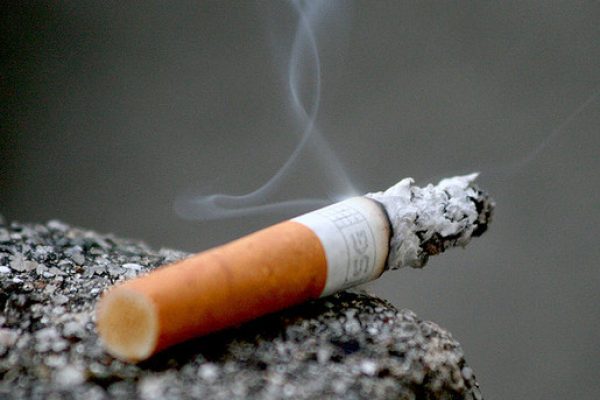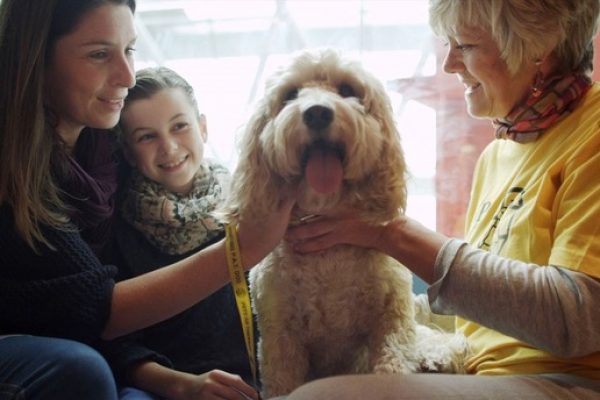Have you ever been in a home, and it is so dirty, so cluttery, and the addition of a funny smell just makes your whole experience negative? Well, I have been in homes exactly like that, and I could barely function. I used to nanny for a family, and the environment they lived in was not that of a clean one. When food fell from the baby’s high chair, they would just leave it on the floor. The kitchen was cluttered, the whole house was just an unhealthy place to be in (for me, and probably for the family who lived there). After making the children’s meals, I had to clean the dishes that I used of course, but I was unable to even get the pan or pot in the sink because there were already so many dishes in it. It was really hard, and I couldn’t clean up the dishes that were already in the sink because I had to watch the children, and I was not paid to be their housekeeper. I didn’t want to uncover disgusting mysteries in the mess, and that is partly why I didn’t clean up their mess too. Read more










